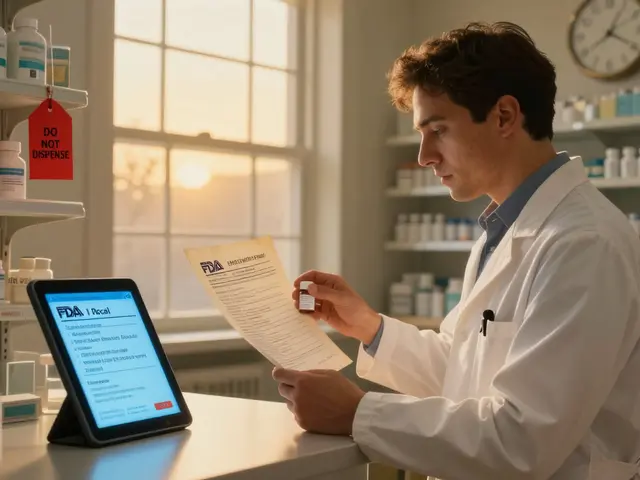Economic Transformation: How It Affects Your Medicines
Prices, supply, and where you buy medicine are changing fast. Economic shifts — think inflation, trade policy, or new tech — hit pharmacies and manufacturers first. That can mean higher costs, slower deliveries, and different choices when you need a prescription filled.
What should you watch for? Currency swings, tariffs, and production moves overseas change manufacturing costs. When raw materials get pricier, generic makers may cut production or raise their prices. Hospitals and clinics then compete for the limited stock, and that pressure reaches your pharmacy bill.
What you’ll actually notice
Expect fewer deep discounts on some drugs. Big name brands may hold prices steady because of patents, while some generics bounce in price month to month. You may also see longer shipping times for online orders when supply chains are disrupted. If a country that makes a key ingredient faces a shutdown, that drug can vanish from shelves for weeks.
Insurance and reimbursement rules change too. Payers react to costs by shifting formularies or requiring step therapy. That can force you to try a cheaper option first before approval for the drug your doctor prefers. For people paying out of pocket, the sticker shock is immediate.
How to protect your wallet and access
Compare prices before you buy. Use reputable price-check tools and compare at least two pharmacies, including online ones. Watch total cost, not just the sticker price: shipping, handling, and expected delivery time matter.
Ask your prescriber about generics or therapeutic alternatives. A simple switch often saves money without losing effectiveness. If insurance blocks a preferred drug, ask the clinic about a prior authorization — sometimes a quick note from your doctor clears it.
Buy only from licensed, transparent pharmacies. Economic pressure creates scams. Look for clear contact info, license numbers, and secure payment methods. If a deal seems too good, it probably is. Fake meds are a real risk when sellers cut corners to lower costs.
Stock smart, but don’t hoard. Keep a small buffer for chronic meds — a week or two — so short supply issues don’t break your treatment. But large hoarding makes shortages worse for everyone.
Keep an eye on policy shifts and news about major manufacturers. When a plant closes or a trade deal changes, you’ll often get a few weeks’ warning. That’s your cue to talk to your pharmacist about alternatives or early refills.
Economic transformation is not just macro talk. It affects the pills in your cabinet, the price you pay, and the trustworthiness of where you order. Stay informed, compare options, and pick licensed pharmacies so you keep both access and safety.

Liberia Diaspora Investment Dialogue: Aiming for Economic Transformation and Growth
The Liberia Diaspora Investment Dialogue, hosted by the World Bank Group and the EU, engaged the Liberian diaspora to attract investments for economic growth. Held during the World Bank and IMF Spring Meetings, this event highlighted the potential impact of diaspora investment on the nation's economy.
Read More




